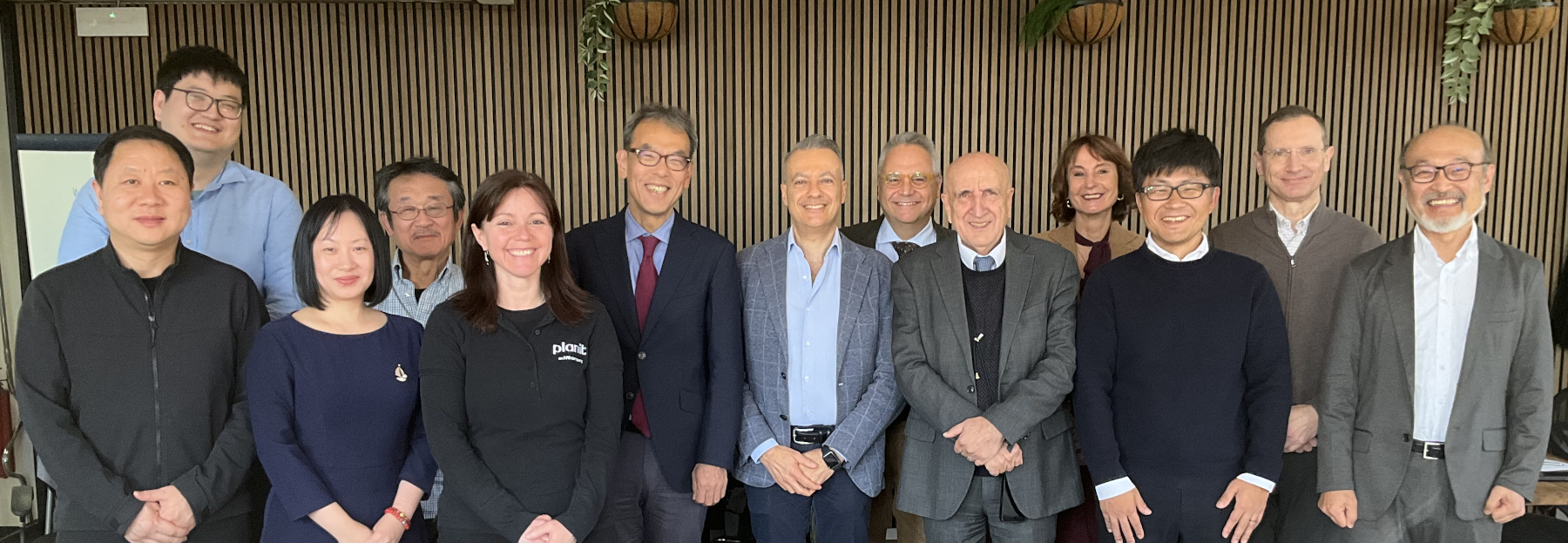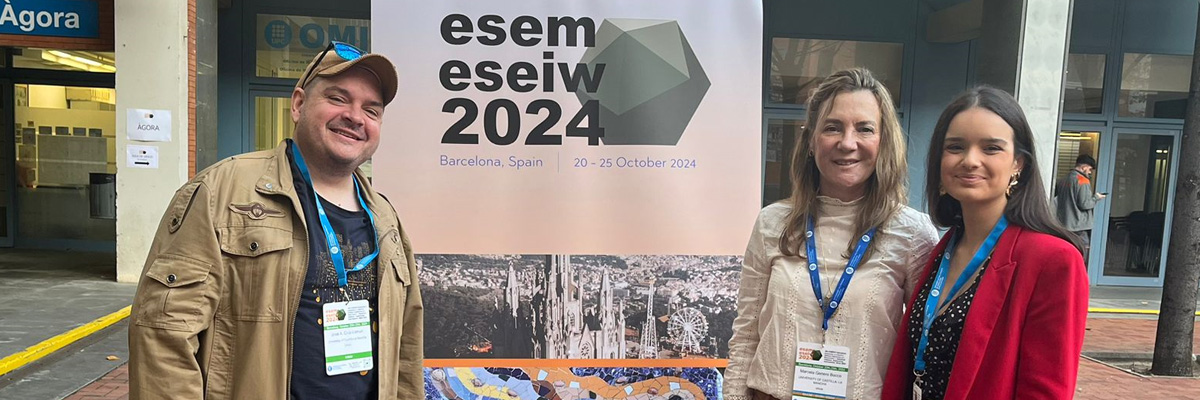Our colleagues Ana Díaz and Moisés Rodríguez, in collaboration with colleagues from the Alarcos Research Group (UCLM) and the Quercus Software Engineering Group (Universidad de Extremadura), have published the article Service engineering for quantum computing: Ensuring high-quality quantum services in volume 179 of the journal Information and Software Technology.
This research offers a fundamental contribution to the evolution of quantum computing by introducing a comprehensive framework for quantum software quality assurance. To this end, a solution for defining and using quantum services has been defined by employing classical service engineering techniques and methods.
In this way, a process is presented for improving the generation, deployment, and quality assessment of quantum services using an extended OpenAPI Specification and the SonarQube tool. This process also integrates the automatic generation of code for the IBM Quantum provider and its deployment in containers ready for user consumption.
In the research work carried out, 40 implementations of quantum algorithms have been subject to a detailed and individualized evaluation using the developed environment, with the results revealling a significant variability in the analyzability of the algorithms. This will serve in the future as a reference and guide for the continuous improvement of quantum algorithms in terms of their performance and efficiency in solving complex problems in various quantum application areas.

AQCLab's Scientific Director, Mario Piattini, in his capacity as secretary of SC7 of UNE STC 71 - Digital Enabling Technologies (THD), attended the meetings of the ISO/IEC JTC1/SC7/WG6 working group held in Rome from 10 to 15 November. The working group, made up of software quality experts from more than 20 countries, participating in face-to-face and hybrid mode, has collaborated in the development and approval of the new software, data and service quality models, mainly based on the ISO/IEC 25000 family of standards.

The book "Gobierno, Gestión y Calidad de la Inteligencia Artificial", edited by the Alarcos Research Group of the University of Castilla-La Mancha, is now available on Amazon.
"Gobierno, Gestión y Calidad de la Inteligencia Artificial", authored by AQCLab's Scientific Director Mario Piattini, provides an overview of the main standards and techniques for governance, management and quality assurance of intelligent systems. Based on the best practices compiled in this book, organisations will be able to address the challenges posed by AI by developing and deploying their own AI governance, quality and management systems in accordance with the most appropriate rights, ethical principles and engineering fundamentals.
Artificial Intelligence is increasingly influencing people's daily lives and plays a key role in the digital transformation of businesses and public bodies, thanks to its ability to automate and facilitate decision-making. The benefits that intelligent systems can bring are extraordinary, but even greater can be the risks they entail. This is why in recent years there has been so much emphasis on the need for ‘trusted’ (‘responsible’) AI, which respects legal and ethical issues, and which allows robust intelligent systems to be built and operated.
You can purchase the book on Amazon, both as a Kindle version and as a softcover print edition.
AQCLab has participated in ESEM 2024, the 18th ACM/IEEE International Symposium on Empirical Software Engineering and Measurement, presenting the work "Validation of an Analysability Model in Hybrid Quantum Software". ESEM 2024, held in conjunction with ESEIW 2024 (Empirical Software Engineering International Week), took place in Barcelona on 24-25 October, serving as a forum in which researchers and practitioners can present and discuss recent research results related to empirical software engineering.
In this work, our colleagues Ana Díaz, Moisés Rodríguez and Mario Piattini, together with José Antonio Cruz Lemus from UCLM and Maria Teresa Baldassarre from the University of Bari present the results of the empirical validation process that has been carried out with students from the University of Bari on the model for the evaluation of the analyzability of hybrid quantum software defined by AQCLab together with UCLM's Alarcos Research Group.

Universidad de Cádiz has obtained the certification of conformance to ISO/IEC 25000 Functional Suitability for their software product EvalCOMIX-FLOASS. The certificate has been issued by AENOR after the evaluation from AQCLab.
EvalCOMIX-FLOASS is a platform with the aim of facilitating the design of assessment tools in the field of Learning Management Systems (LMS), solving the limitations of these systems with respect to different types of assessment, such as self-assessment and peer assessment processes. For this purpose, EvalCOMIX allows the design and management of assessment tools and their integrated application in e-Learning environments such as Moodle.
EvalCOMIX-FLOASS is composed of EvalCOMIX-FLOASS_Server and EvalCOMIX-FLOASS_MD. EvalCOMIX-FLOASS_Server is the EvalCOMIX-FLOASS web service that allows the design and management of instruments for the assessment of the degree of achievement of learning outcomes and competence development. EvalCOMIX-FLOASS_MD is the plugin for the integration of EvalCOMIX-FLOASS in Moodle.
The Functional Suitability evaluation helps to ensure that the software product being evaluated fully and correctly meets the requirements specified for it, thus helping to improve customer confidence and satisfaction, and providing a differentiating element with respect to its competitors.
This website uses own and third-party cookies to enhance your experience. If you continue to browse this website we will consider you accept their use. You can get more information by reading our Cookies Policy.



 +34 676 97 57 83
+34 676 97 57 83